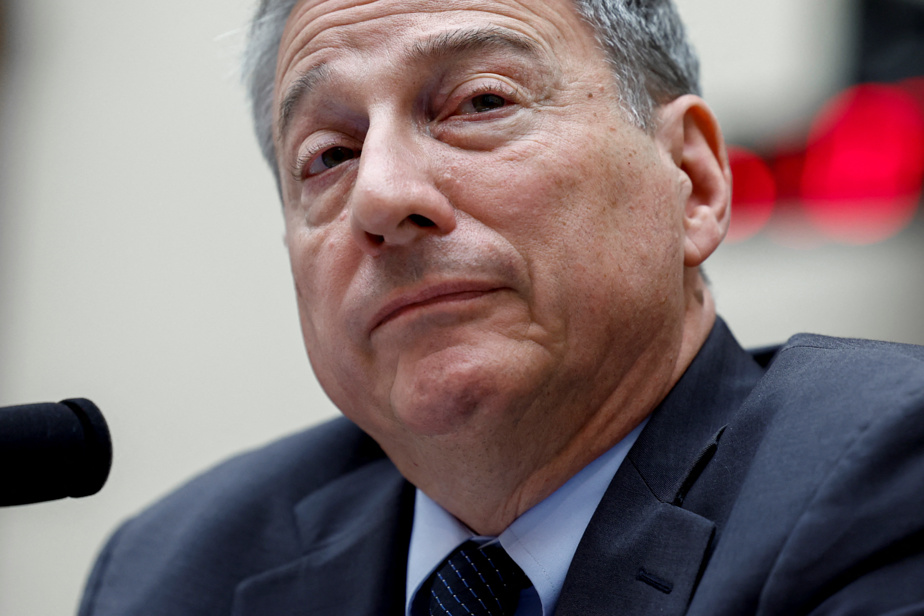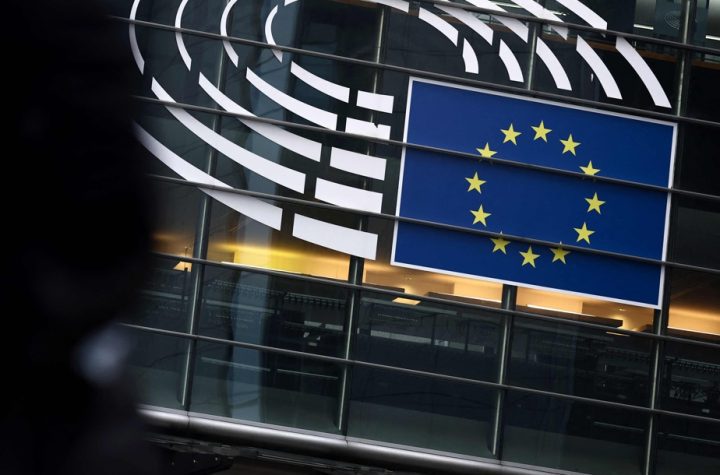
(WASHINGTON) A former religious right activist told Congress on Thursday how he used the lack of an ethics code on the United States Supreme Court in an intense lobbying campaign with its conservative justices.
Pastor Robert Schenck described his efforts during a House Judiciary Committee hearing devoted to the ethical issues of higher jurisdiction… prayers, dinners, tours…
Unlike their colleagues on the federal courts or elected officials in Congress, the nine justices on the Supreme Court are not required to disclose the gifts they receive, the lobbyists they meet with, and recuse themselves in the event of a conflict of interest. .
Pastor Schenck, who said he discovered late in life that politics had corrupted religion and now wanted to tell the “truth,” said he used this void to animate a 20-year campaign of influence called “Operation High Court.”
It “consists of recruiting wealthy donors who befriend like-minded justices,” he explained, citing Justices Samuel Alito and the late Antonin Scalia.
The goal is to “strengthen their desire to make firm, unfettered judgments, especially on abortion.”
Some of his donors, known as “stealth missionaries,” prayed with judges, while others were invited to dinner with their wives even on vacation in their homes and were invited back, he continued.
Unlike Congress, where the amount of gifts is limited, for example, “we knew there was more flexibility in the Supreme Court, which made our campaign easier,” he said.
In 2014, at one of these dinners, Judge Alito revealed to the couple the content of an upcoming decision on contraception, said Pastor Schenck, who had already reported on this “leak” in a letter.
All interested parties refused, and during the trial, elected Republicans accused the witness of being a “liar.”
Justice Alito authored the ruling that gutted abortion rights in the United States in June and was also leaked before its publication, sending shockwaves through the country.
The events have renewed efforts to increase transparency in the court, and the bill passed in committee in the House, but is expected to be abandoned by the Republican majority that takes office in January.








